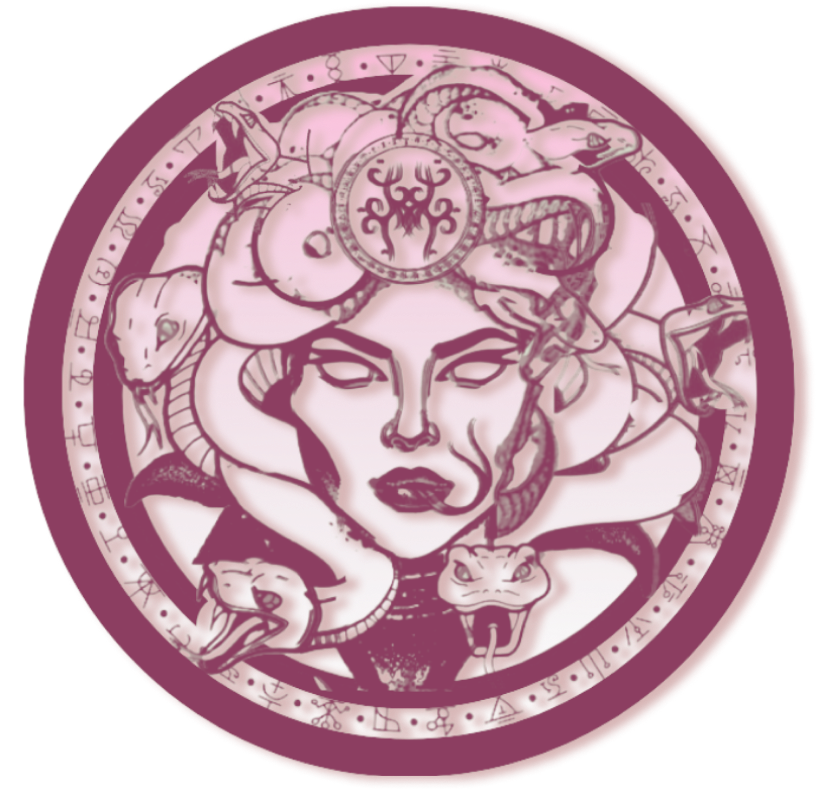Go With the Flow: What Your Period Says About Your Health
This article originally appeared on Yoganonymous.com.
Image via Vogue Archives
Did you know that your body sends you signs and signals about your body's health with PMS symptoms?
Cravings, acne, and fatigue all indicate major imbalances in your hormone levels, according to this article published on Greatist.com. The article interviews Alisa Vitti, a renowned women's health specialist, author of WomenCode, and founder of FloLiving.
One thing Viiti wants to communicate is that "women have brushed aside and failed to take seriously the symptoms that we attribute to our hormones, such as PMS, cramps, and acne.” These are our body's warning signs that something is off kilter, and it's time for women to wake up and pay attention to their bodily health.
Your hormones affect everything "from sleep cycles, moods, and sex drive, to appetite and even mental health, hormones are involved in virtually all of our physical and mental activities." And guess what? Your hormones also dictate your productivity, your communication skills, and your ability to focus—depending on your current stage of your flow cycle.
"Vitti views the follicular phase as a highly creative, idea-generating phase; during ovulation, women may excel at communication skills; during the luteal (or, loosely, the premenstrual) phase, focus may improve, providing energy for administrative tasks (e.g., organizing a shoe closet or finishing a project); and menstruation is a time for “evaluation and course correction.”
So how do you correct and balance your hormones? Vitti suggests turning to lifestyle factors such as diet and exercise for a full rebalancing of your hormones—specifically suggesting that women who suffer from hormone imbalance should avoid refined sugars, and anything that would cause their blood sugar to spike and crash.
Vitti wants women to “figure out how [their] body is communicating data to us in real time every day so that [they] can kick ass in every area of [their] lives. That, for [her], is what it is for a woman to get in the flow."


